codeveloper · General · Interview with our „East-Africa-Expert“ Degol Woldegaber
Let's meet Degol Woldegaber. He's the innovative mind behind DEJ Technology and a passionate advocate for East Africa's tech talent. Born in the region but trained in Germany's universities, Degol's story is a blend of two distinct worlds. In our chat, he gives us insight into his background and explains why he believes the East African tech scene is a market worth exploring.
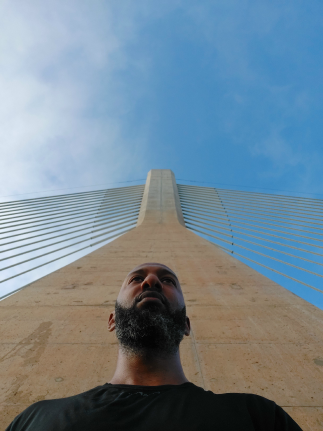
Can you start by telling us a bit about yourself and your role at your company?
Ich bin Degol Woldegaber, einer der Gründer von DEJ Technology. Ich komme ursprünglich aus Ostafrika, bin dort aufgewachsen und habe dort meinen ersten Abschluss gemacht. Erst zum Studieren bin ich nach Deutschland gezogen, daher kenne ich mich in der Region sehr gut aus. Nachdem ich in Deutschland studiert und gearbeitet habe, waren meine ostafrikanischen Wurzeln die Inspiration, etwas zu gründen, das diese beiden Aspekte miteinander verbindet.
You mentioned that DEJ Technology has a significant number of software developers from East Africa. How did this happen and what led your company to focus on this region?
East Africa, and Africa in general is such a young continent. Meaning, there are a lot of young graduates who are talented and skilled, but the state of the economy doesn’t accommodate them enough. The opposite is true in Europe, so combining these two continents is an obvious complementary partnership. The tech sector is even more attractive for this kind of partnerships because of the huge need for that in Europe and the surplus talent existing in East Africa.
What unique skills and perspectives do you believe developers from East Africa bring to the DEJ?
The drive, the energy, the willingness to learn and the ambition is something unique that we get from East African developers. This could be because of several factors, but it is something we have learned over the years and appreciate a lot.
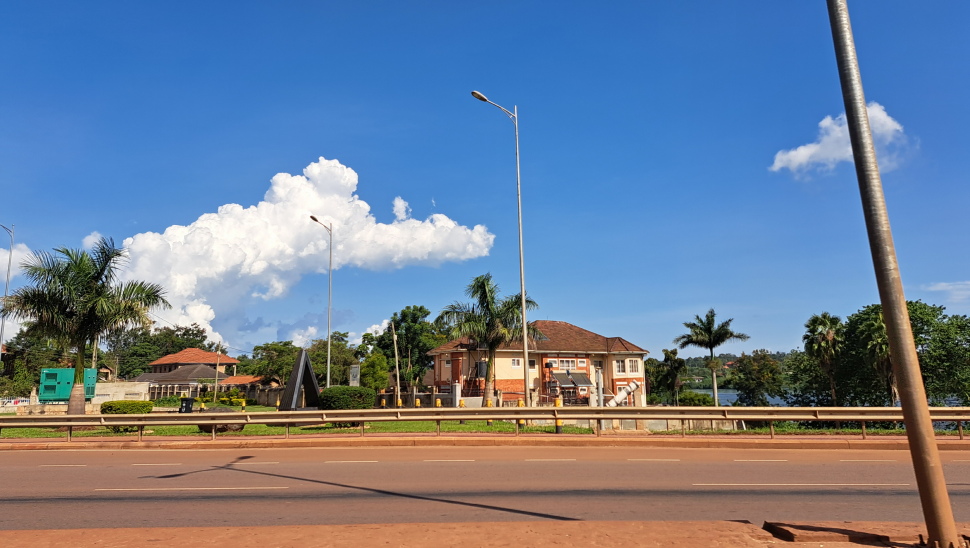
It sounds like you, who is originally from Eritrea, play a crucial role in recruiting these developers. Can you talk a little bit about your strategy and approach?
It does help, but more than that, the fact that I lived in Kenya and Uganda for some years is more of a help than being from Eritrea. Though they are all in East Africa, the culture and nature of each state is different and a specific knowledge in each of these states is important. I was born in Ethiopia, raised in Eritrea, lived in Kenya and Uganda, been to Sudan and Rwanda few times.
Has this cultural background influenced your approach to technology or leadership in any way?
Exposure to different cultures is always helpful in any field, as it will give you multiple angles to issues related to work. Tech is different, in a sense that a lot of the work force is diverse and multicultural, and any kind of exposure to diverse culture is extremely helpful.
Was sind die größten Vorurteile bei der Suche nach Talenten aus Ostafrika, und wie lassen sich diese durch deine eigenen Erfahrungen ausräumen?
Die Rekrutierung von Tech-Talenten aus Ostafrika wird oft unterschätzt, da das Bild von Afrika im Westen generell anders ist. Afrika wird eher als rückständig, unterentwickelt und ungebildet angesehen. Aber ich glaube, dass, obwohl ich gerne noch statistische Beweise dafür hätte, einige Staaten in Ostafrika und Westafrika wahrscheinlich weltweit die meisten technischen Talente pro Kopf haben. Was sie brauchen, ist Anerkennung und die Möglichkeit, dies in ein fruchtbares Potenzial umzuwandeln.
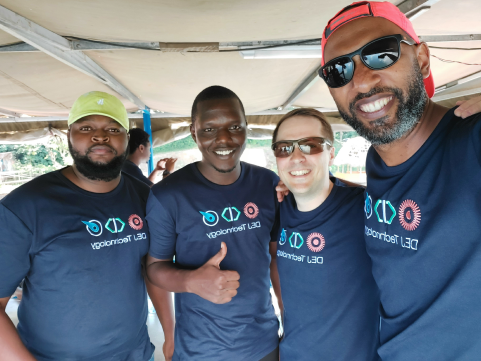
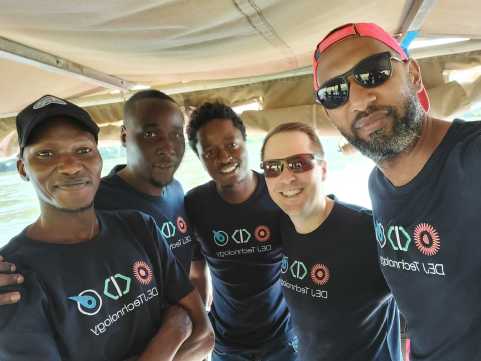
Could you share some of the challenges that DEJ Technology has faced when recruiting from East Africa, and how have you addressed these?
One of the challenging issues in recruiting from East Africa is that each case is unique and should normally be seen separately. This is because of the diversity in the nature of the experience and training they have. Resumes and CVs alone cannot be enough to have an idea on what you are getting, but each case should be assessed separately.
Can you give us an example where a software solution developed by your East African team had a major impact on your company or your clients?
Die meisten unserer Kund*innen und Partner hatten einen sehr positiven Eindruck von unseren Entwicklern, und nicht nur das: In einigen Fällen wurden unsere Entwickler sogar ausgewählt, um eine entscheidende Taskforce zur Lösung kritischer Probleme zu leiten. Dies war ein großartiges Beispiel für das Qualitätsniveau, das wir mit unseren ostafrikanischen Entwicklern erreichen können.
What kind of support structure does DEJ Technology provide to accommodate these international developers?
In addition to technical and hardware support, we also give non-technical support to bridge the gap that may exist between the background of our developers and the work culture in Germany. The non-technical support includes issues that may occur in the day to day work culture and ethics like punctuality, responsiveness, transparency in communication and general issues that may occur in team works. Considering how different the two cultural norms are, it’s super important to give this support as early as possible.
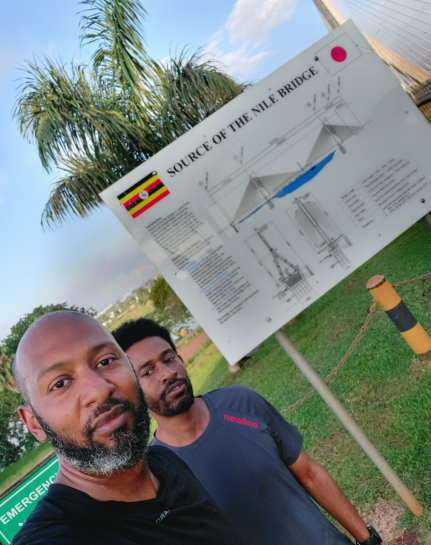
How does the DEJ handle the cultural differences and ensure effective communication within such a diverse team?
We have some mechanisms installed that can help our developers adapt to the cultural differences. For example, we have quarterly feedback and team events, but it’s a learning process.
How do you see the future of tech talent in East Africa and how is DEJ Technologyplanning to support that growth?
The future of tech in East Africa is already here, there is a surplus of talent in East Africa, what we need is acceptance and recognition from major players in Europe. Once we have that, it will have a highly constructive impact in both economies. For Europe, it’s a way of solving the shortage in skilled workforce that is needed to drive Europe to the new digital frontier. For Africa, it’s a huge source of capital flow and fix to the current unemployment crisis that is driving young people out of Africa.
Finally, what advice would you give to other companies looking to tap into the tech talent of East Africa?
The first thing is trust, trust the talent coming from there. Second is investment in their soft skills, just as much as their technical skills. Most of the shortcomings that might happen are not on the technical side, but on the non-technical side.
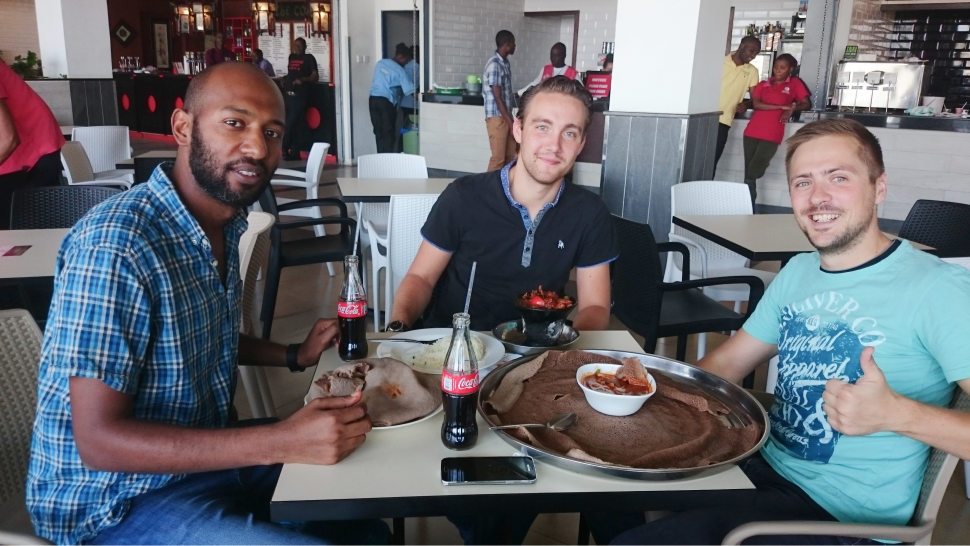
Subscrice now to our codeveloper newsletter and we'll provide you with all the important news, insights, offers and updates every month.
Interested?
Then get advice here! →
More DEJ Technology
Interested?
Then get advice here! →
More DEJ Technology
© Codeveloper 2024
a brand of DEJ Technology GmbH
Arrange a free consultation with your personal advisor quickly and easily or use the contact form.